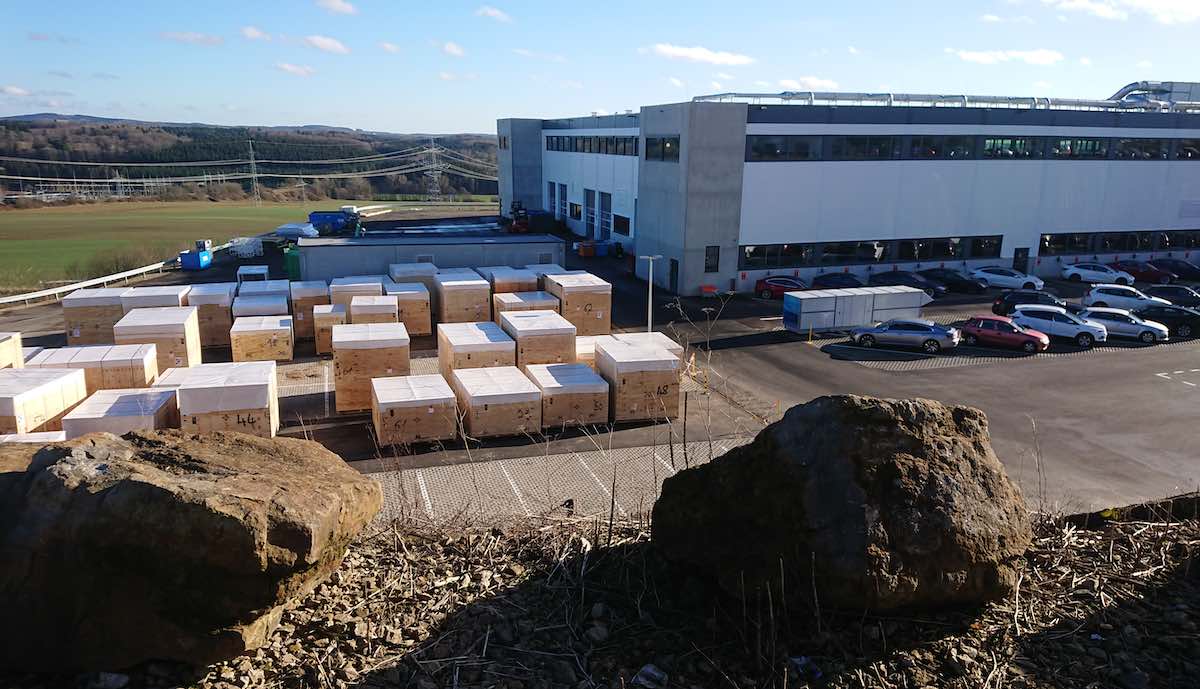Knightshade
Well-Known Member
It’s false because Lightning is very inferior to Cybertruck, so the demand will not be as good.
Let's ignore than we don't actually know final CT specs or price- let's just assume they're WAY better than Fords.
Let's also ignore some buyers really do care about a traditional look versus a radical redesign and will buy accordingly. Let's just assume there's plenty in both groups.
Doing that, we're still stuck with Elon having told us they're aspirationally targeting 250k a year production.
Which is 1/3rd-1/4 of the # of F-150s Ford is already selling today. Not counting the millions of OTHER ICE trucks sold by other brands each year.
So there's no reason to claim it's "false"
Tesla will sell every CT they can make- for years.
Ford will sell every lightning they can make- for years.
Even if Ford was making as many Lightnings as Tesla hopes to make CTs- they'd both sell all they can make (and would both sell more if they made more).
Demand for decent EVs exceeds supply. And will, for years.
Fords problem isn't demand for EVs.
A Ford lightning doesn't need to "steal" a cybertruck sale (nor is it likely to).
Fords problem (apart from being years late realizing battery supply is important) is that a lightning sale is MOST likely to steal an ICE F-150 sale- Which is where virtually all their profit is from.... BEST case for Ford is it instead steals an ICE Dodge or GM truck sale.... at least long enough for them to get more profit built into their Lightning BOM.




